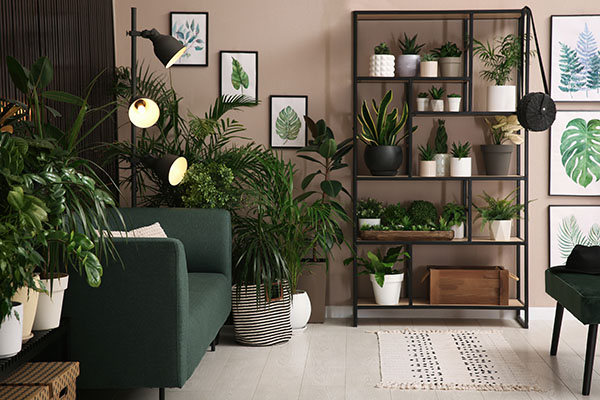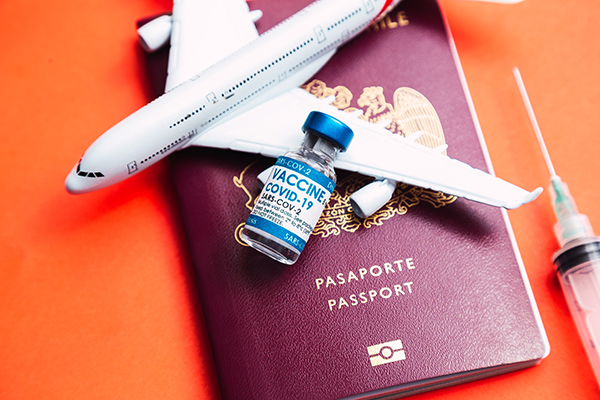 Parler
Parler Gab
Gab
Stark living for the planet
According to Pell, one particular aspect of house plants that many people overlook is the distance they typically have to travel – from the places where they are grown to retail stores and to the insides of people's living and working spaces. "A lot of major nursery suppliers are located in Florida and in California," Pell added in a statement, as quoted by the Post. Pell recommends that climate-conscious people instead look for local plant swaps or garden clubs, which are often organized online via social media sites. "Those groups frequently meet multiple times a year and they share not just plant cuttings and potted plants with each other, but they'll share knowledge as well and sometimes have community events," Pell noted. Rivero also warns against using certain soil components like peat, a natural earth-based substance that forms at the bottom of bogs and wetlands. A precursor to the formation of coal, peat releases carbon dioxide (CO2) when harvested and is "not easily renewable," which makes it bad in the minds of climate cultists. "It takes hundreds of years, if not thousands of years, to form," Pell says about peat. "We're cutting into these peatlands and eventually they'll all be harvested." Instead of peat, Pell wants people to try peat alternatives like coconut coir or biochar, which retain water in soil mix "with less of the environmental baggage." Pell says gardeners, both of the indoor and outdoor variety, should commit to purchasing pots, shears, plant stands, and other tools locally instead of at the store, which typically carries consumer products made in other countries like China from which they travel long distances, emitting carbon all along the way. "I love to buy plant stands from antique stores," Pell commented about how she personally tries to save the planet. "You can often find locally made ceramic pots throughout the country and certainly in our area" near D.C. Pell really dislikes "the cheap, black plastic pots that quickly fall apart," and instead prefers terracotta and ceramic pots that are more durable. Disposable pots can also be used, and Pell recommends those made from biodegradable materials. Pell also advises against using fertilizer on house plants because fertilizer, according to climate cultists, is another bad thing for the environment that has got to go. "I myself almost never fertilize my houseplants and they do just fine," Pell said. More of the latest news about the climate cult can be found at GreenTyranny.news. Sources for this article include: ClimateDepot.com NaturalNews.comIn 2020, U.S. companies spent a whopping $8 billion on anti-white DEI propaganda
By Ethan Huff // Share
Iran claims missile strikes targeting Iraq and Syria destroyed Israeli spy base
By Cassie B. // Share
Former Space Force officer tells House panel he was FIRED for criticizing DEI policy
By Ramon Tomey // Share
Governments continue to obscure COVID-19 vaccine data amid rising concerns over excess deaths
By patricklewis // Share
Tech giant Microsoft backs EXTINCTION with its support of carbon capture programs
By ramontomeydw // Share
Germany to resume arms exports to Israel despite repeated ceasefire violations
By isabelle // Share










